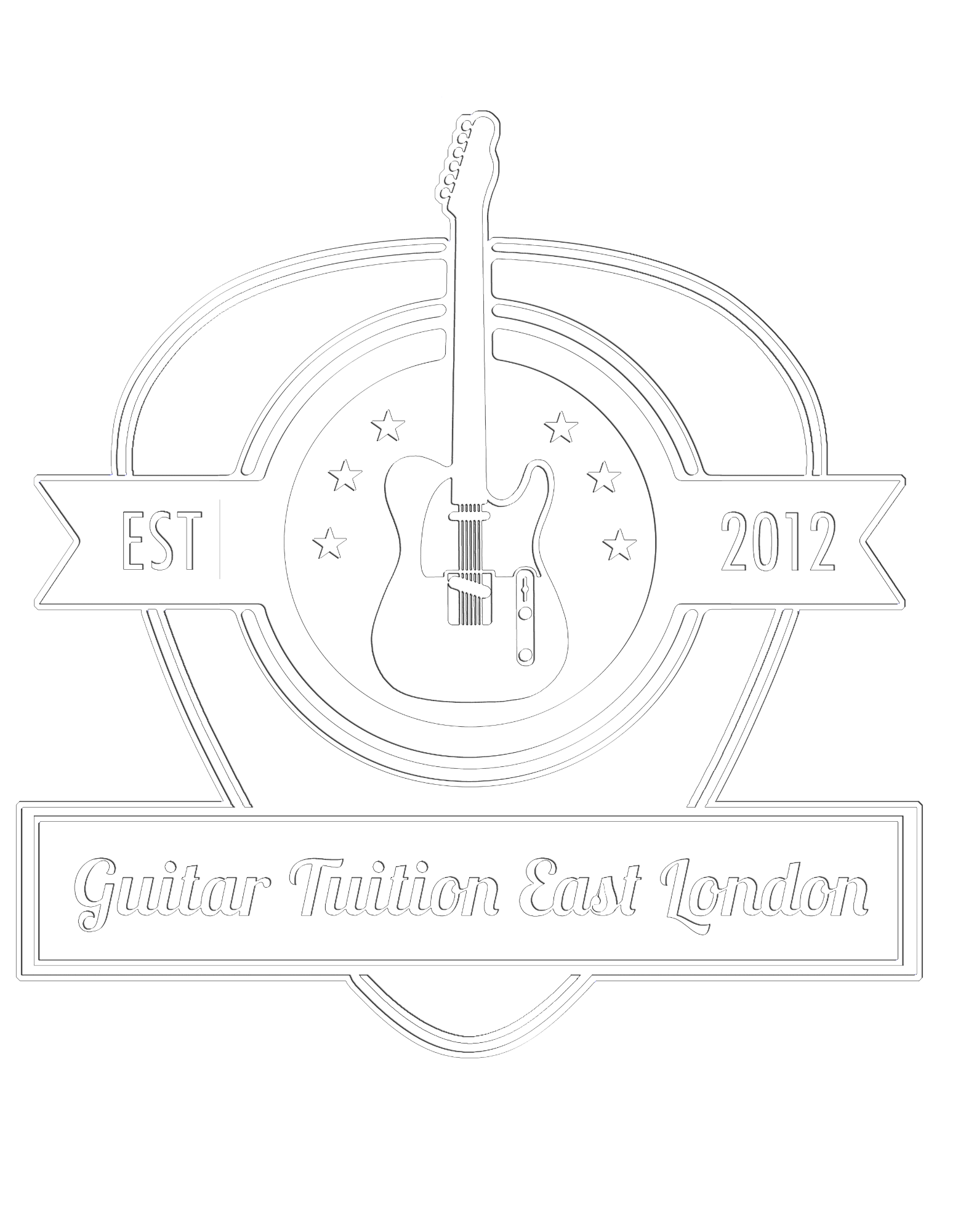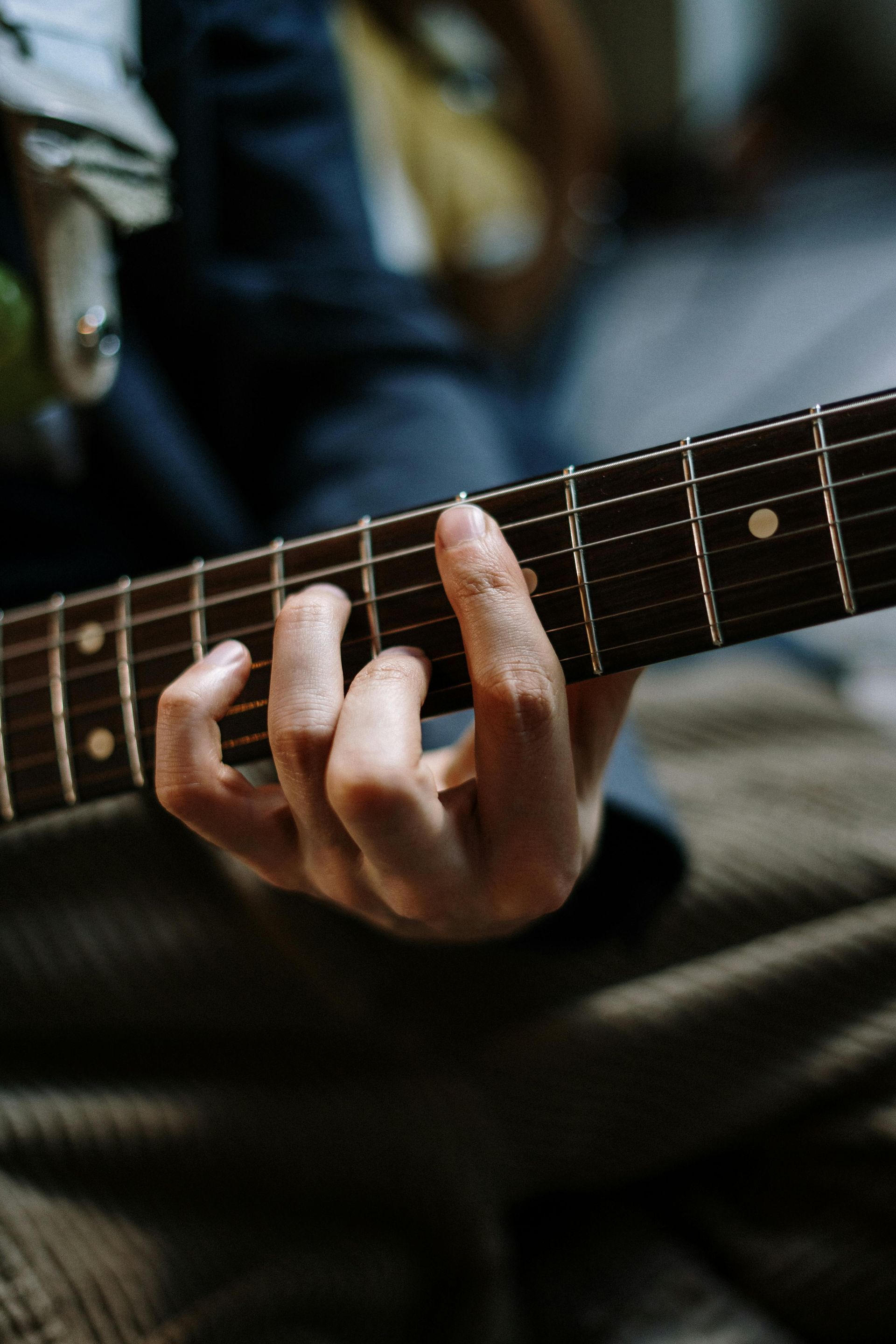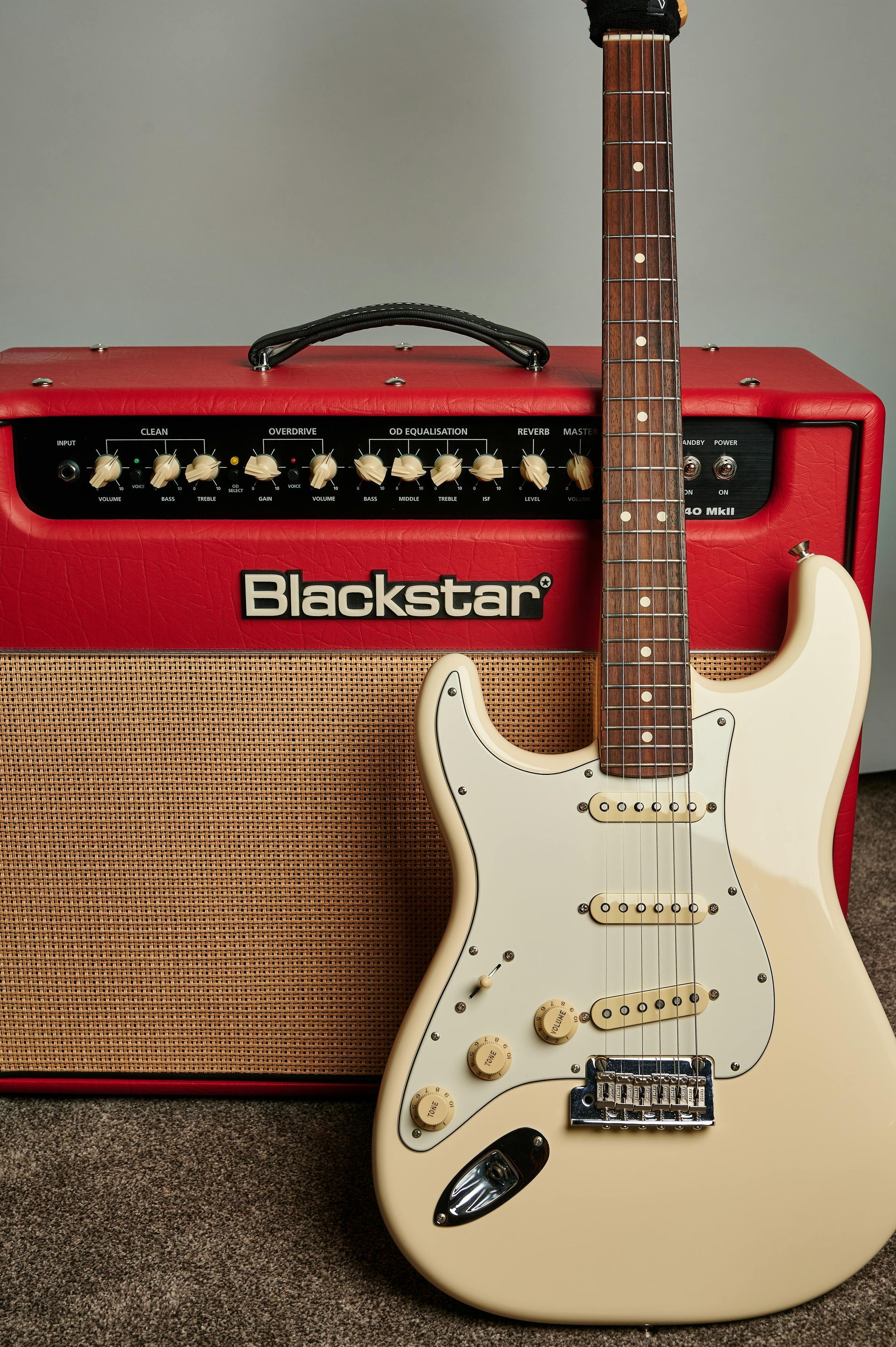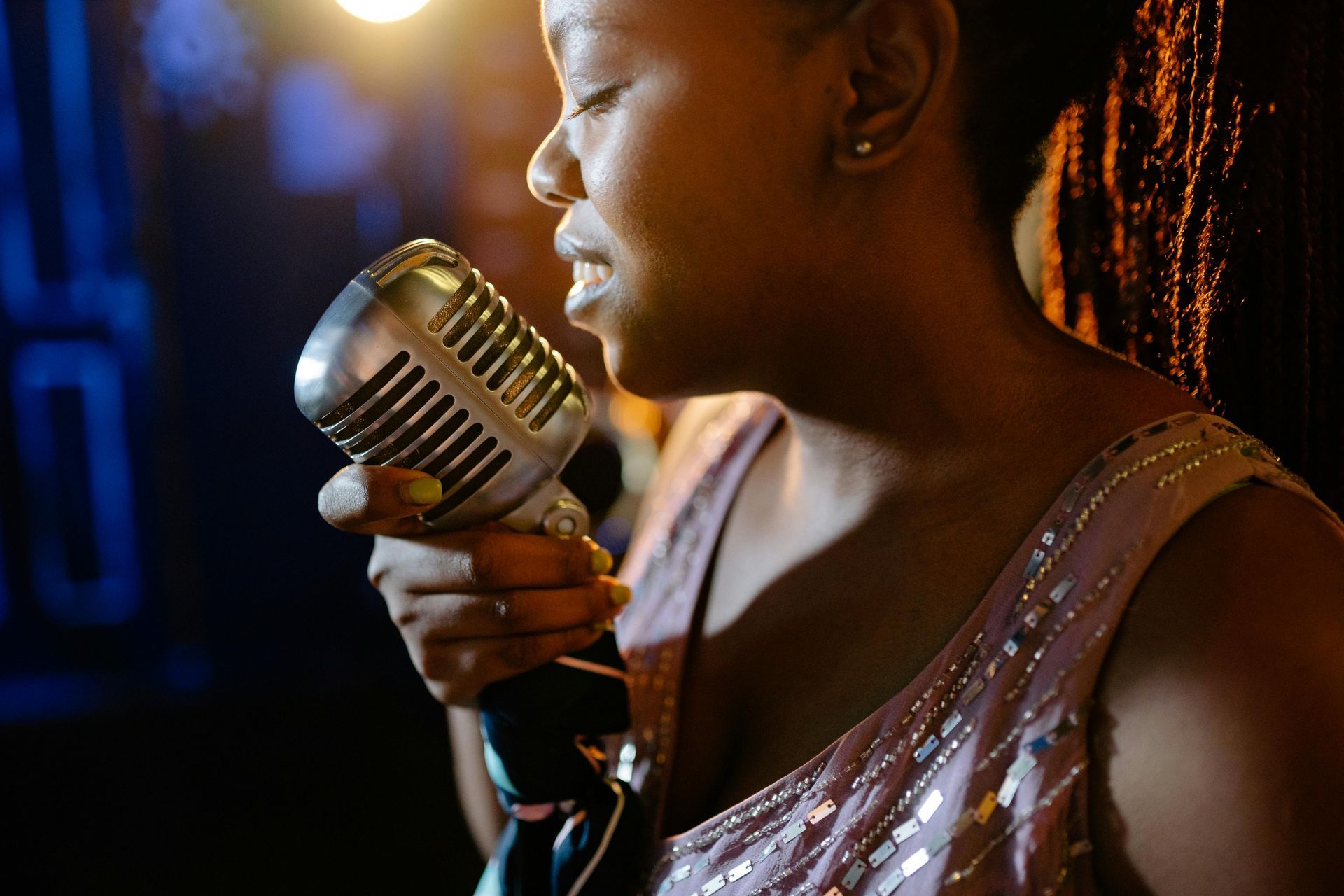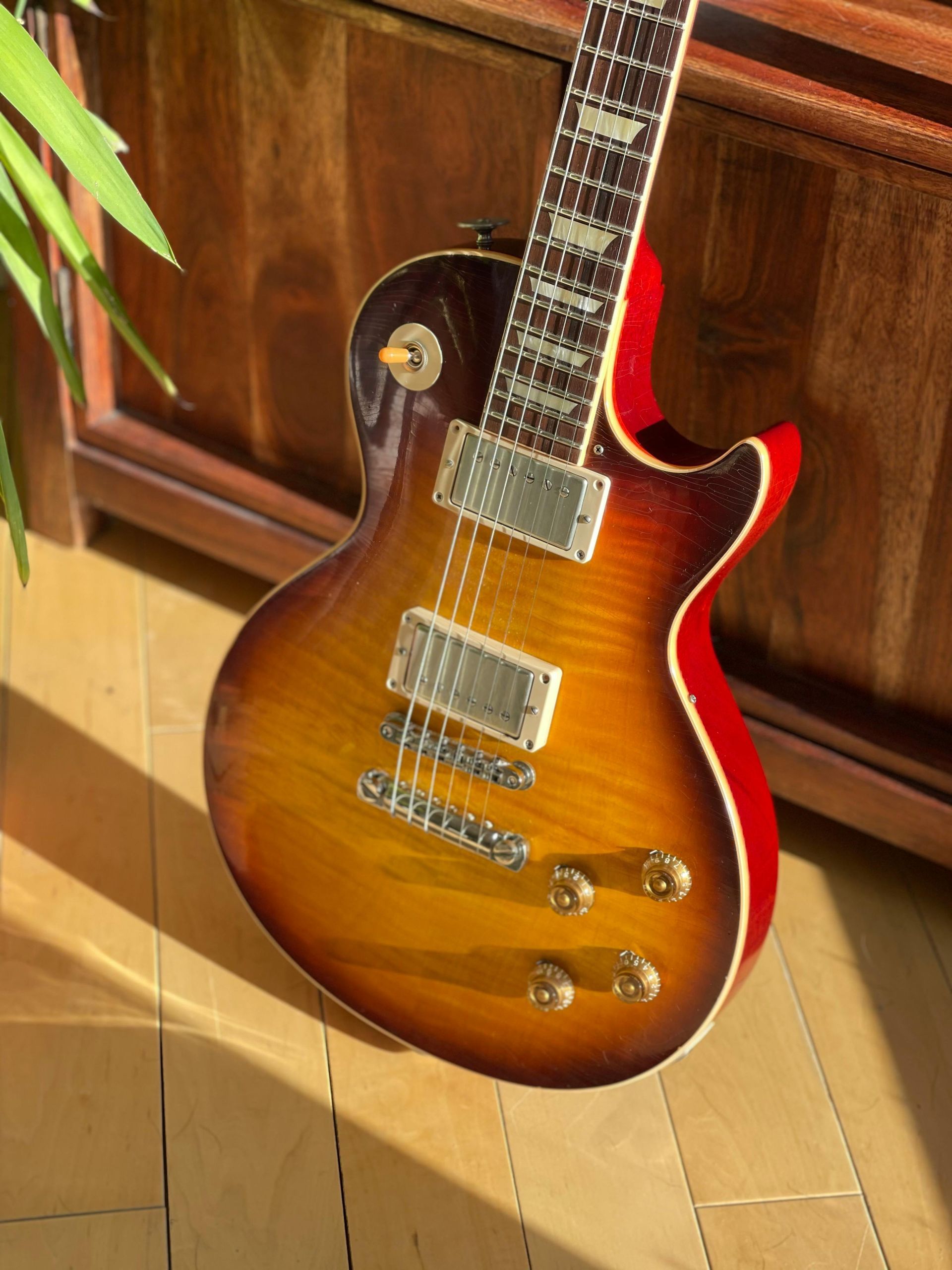The Benefits of Baby and Toddler Music Classes
Watching a room full of little ones bouncing, clapping, and giggling to music is more than just heartwarming - it's brain development in action. Baby and toddler music classes offer surprising developmental benefits that extend far beyond simply learning about music…
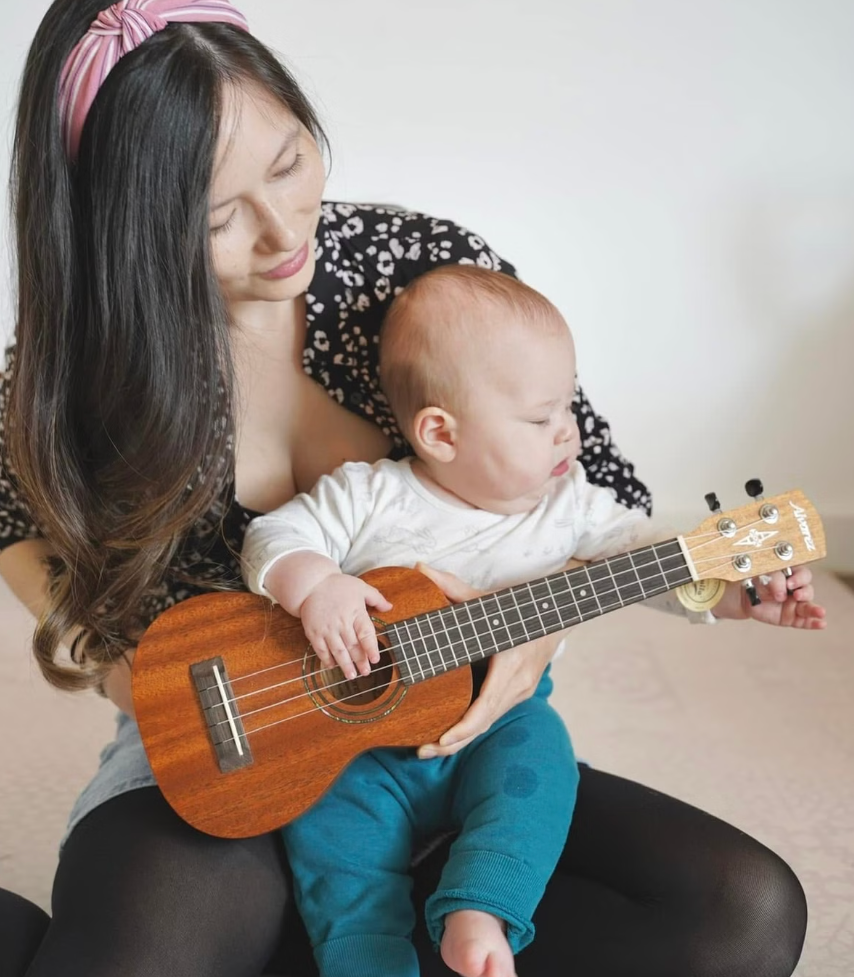
Language Development
Music and language processing occur in the same area of the brain. When babies and toddlers engage with music:
- They become more sensitive to speech sounds and patterns
- Their vocabulary expands through song lyrics
- They practice communication through musical call-and-response activities
Research shows that children who participate in regular music activities develop stronger language skills and often begin speaking earlier than their peers.
Social and Emotional Growth

Music classes create natural opportunities for social development:
- Children learn to take turns and share instruments
- They practice following directions through musical games
- They experience connecting with other children through shared activities
- They develop emotional regulation through calming lullabies and energetic movement songs
These classes also strengthen the parent-child bond through shared musical experiences that create lasting memories.
Cognitive Benefits

Music engages multiple areas of the brain simultaneously, providing rich stimulation for developing minds:
- Pattern recognition (critical for math skills) is reinforced through rhythm
- Memory is strengthened by learning songs and sequences
- Concentration develops as children follow a musical activity from beginning to end
- Creativity flourishes as children experiment with sounds and movements
Physical Development
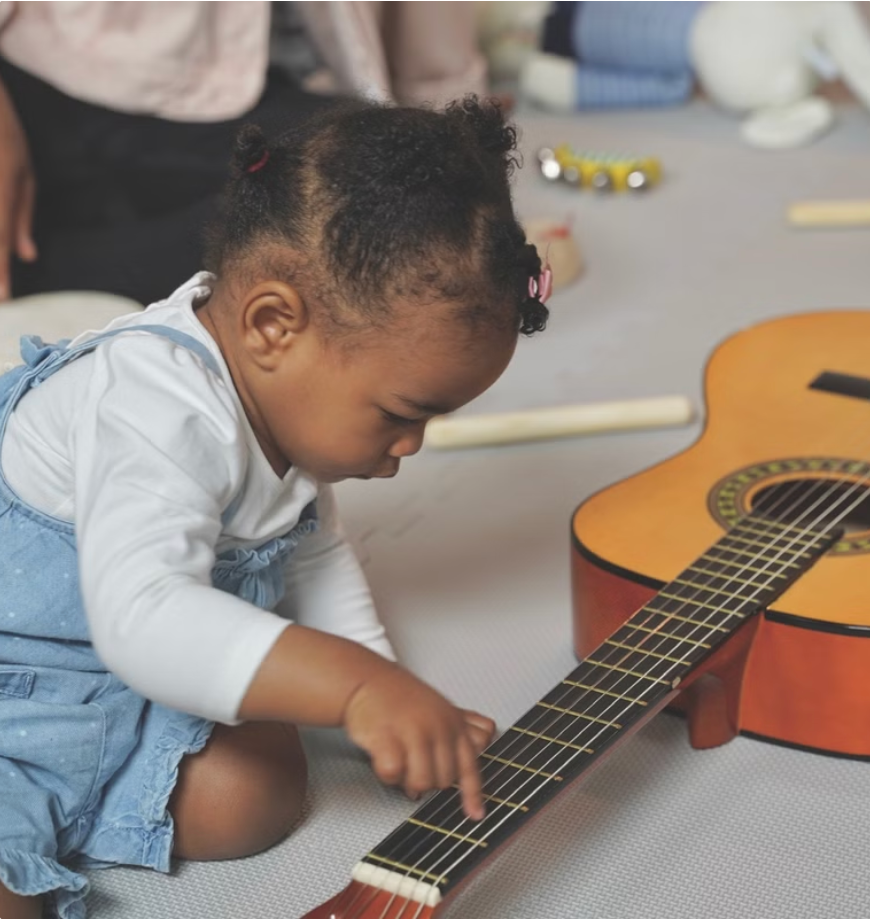
From fine motor skills to gross motor coordination, music classes get bodies moving:
- Manipulating instruments improves finger dexterity and hand-eye coordination
- Dancing and movement activities develop balance and spatial awareness
- Action songs teach body awareness and control
- Rhythm activities help children coordinate different parts of their bodies
Early Music Appreciation
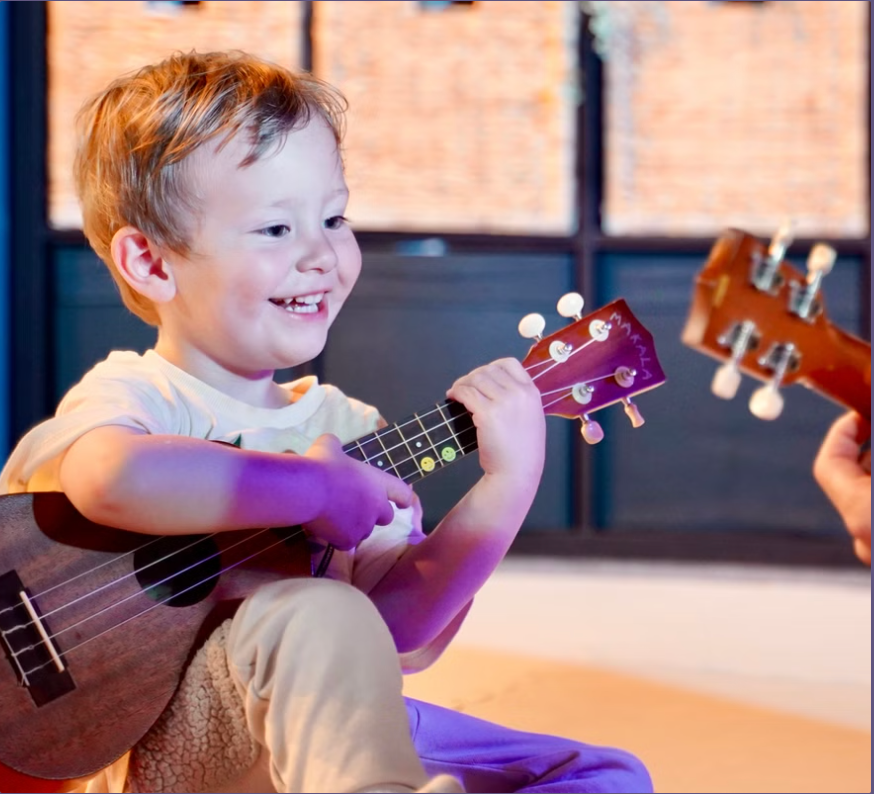
Beyond developmental benefits, these classes foster a lifelong appreciation for music:
- Children are exposed to different musical styles, instruments, and traditions
- They learn that making music is joyful and accessible to everyone
- They develop listening skills that enhance their experience of music
What to Look For in a Class
The best baby and toddler music classes include:
- Age-appropriate activities that grow with your child
- A mix of structure and free exploration
- High-quality live music rather than just recordings
- Parent involvement (classes should be for both of you!)
- A variety of instruments, props, and musical styles
Whether your little one becomes a future musician or simply develops a love for music, these early experiences create neural connections that benefit development across all domains.
In a world increasingly focused on academic achievement, music classes provide a joyful, pressure-free environment where babies and toddlers can develop crucial skills while simply having fun.


